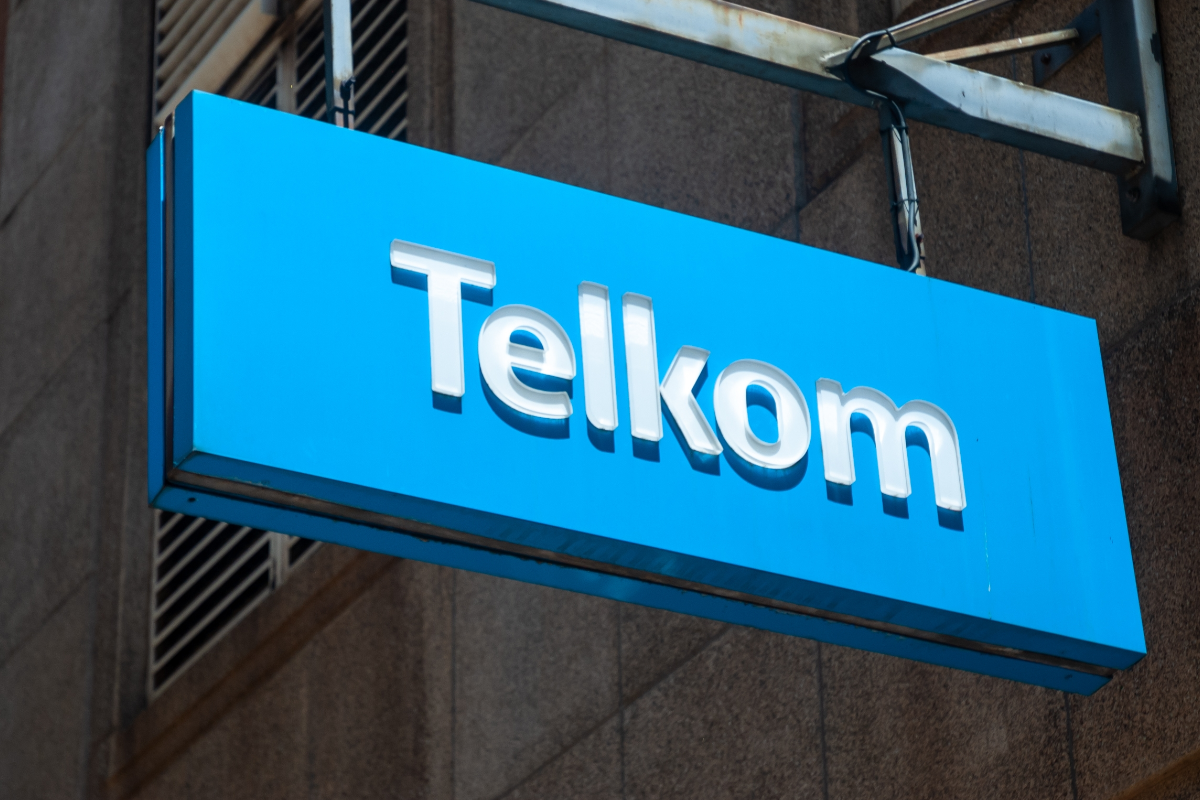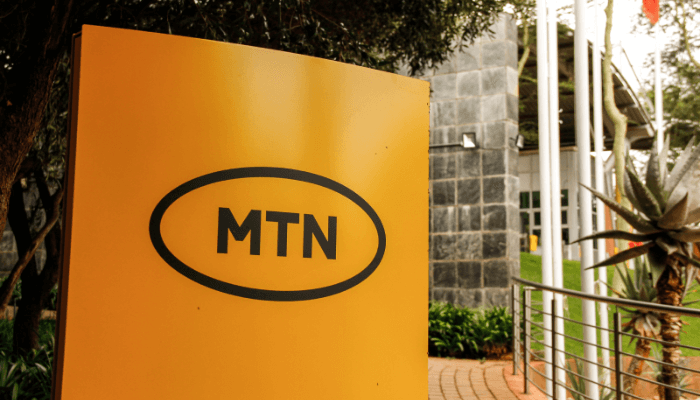The South African government is planning to hold onto its stake in telecommunications company Telkom despite the tabling of above-market-value offers from bidders.
According to reporting by the Sunday Times, the South African government has no plans of selling its stake in mobile network operator Telkom. The government currently holds a 40.5% stake in the company.
Numerous sources tell Sunday Times that minister of communications and digital technologies Mondli Gungubele is opposed to the government reducing its stake, stating Telkom was still a strategic entity helping South Africa leverage connectivity on the African continent. He further voiced his opposition to any deal that would see the government rallying behind any prospective majority shareholder.
Telkom currently has an offer from investment consortium AfriFund, led by former Telkom CEO Sipho Maseko and, its international partner, Axian Telecoms of Madagascar, in the form of R46 a share for a 35% stake in the company. Although the company’s shares were trading at R33 at market close on Friday, the Telkom board believes the offer is too small as it believes the telco has a lot of intrinsic value to be unlocked. Telkom CEO Serame Taukobong states that the company will not be entertaining offers below R60 per share.
Contrary to the government’s stance, Taukobong is open to a transaction for Telkom, stating that “the market says we see an appetite for a transaction for Telkom but it has to be at a credible price” and that Telkom is “open to any conversations and any partnerships but will not compromise on the Telkom value position — whatever value has to be reflected on what we think the Telkom price should be at”.
Additionally, the consortium seems to have the support of the Public Investment Corporation, which owns 14.1% of Telkom, and now the decision with regard to the government stake rests with the cabinet.
Telkom recorded a 76.6% dip in headline earning per share (HEPS)—from 575.3 cents to 134.6 cents—according to its latest annual financial results, with the company blaming inflationary pressures and load shedding for the dip.





















